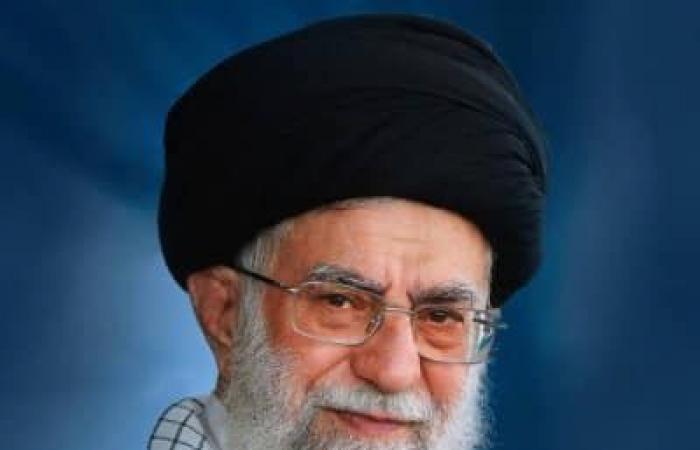– Advertisement –
Iran’s Supreme Leader, Ayatollah Ali Khamenei, recently claimed that events in Syria, including the fall of Bashar al-Assad’s government, were the result of a plot orchestrated by the United States and Israel. These statements come as the Syrian president fled the country following a major rebel offensive.
Iran’s accusations against Western powers
According to Iranian state television, Khamenei said: “There is no doubt that what happened in Syria was the result of a joint US-Zionist plan. We have evidence, and that evidence leaves no room for doubt. » Although he did not specify the nature of this evidence, the Supreme Leader also insinuated the involvement of a neighboring country of Syria, without explicitly naming it. This allusion could target Turkey, which played an active role in the Syrian conflict, or Saudi Arabia, often accused by Tehran of acting in favor of Western interests in the region.
These statements reflect a constant line of communication from the Iranian regime, which sees the United States and Israel as primarily responsible for regional crises. By attributing the fall of the Syrian regime to external actors, Tehran seeks to justify its prolonged involvement in Syria and to mobilize public opinion against adversaries perceived as aggressors.
Bashar al-Assad’s flight and regional repercussions
Syrian President Bashar al-Assad left the country after rebel forces, led by Islamist groups and backed by some outside powers, took control of Damascus. This offensive marks the end of more than five decades of domination by the Assad family over Syria. According to some sources, Assad and his family took refuge in Moscow.
The fall of the Syrian regime represents a major setback for Iran, which had invested massively in military, financial and logistical support to the government of Bashar al-Assad. This support was part of the Iranian strategy aimed at maintaining an axis of resistance against Israel and maintaining its influence in the Levant, particularly through Hezbollah in Lebanon.
Khamenei’s speech on foreign involvement
In his speech, Khamenei emphasized the destabilizing role of the United States and Israel in the region. “This plot aims to weaken the resistance and strengthen Zionist interests. We will continue to resist these actions. » These remarks underline Iran’s desire to maintain a combative posture despite the setbacks suffered on the Syrian ground.
He also criticized the policies of “neighboring states” which he said had facilitated the operations of rebel groups against Damascus. Although these countries are not named, Khamenei’s comments probably refer to states like Turkey or Saudi Arabia, regularly accused by Tehran of serving as a conduit for American interests in the region.
A political communication strategy
Khamenei’s remarks appear to be aimed at rallying internal and external support around a common cause, by naming external officials to explain the fall of Damascus. By blaming these events on international conspiracies, Iran also seeks to minimize the impact of its own strategic failures and preserve its image among its regional allies.
The speech is also addressed to the Iranian population, in a context where the regime faces increasing internal pressures due to economic sanctions and social tensions. By fueling anti-American and anti-Israeli rhetoric, Tehran aims to divert attention from domestic problems to external enemies.
Consequences for Iranian policy in Syria
The loss of Bashar al-Assad could mean a significant reduction in Iranian influence in Syria, jeopardizing its entire Middle East strategy. With the fall of the Syrian regime, Iran also risks losing a key base for arms transfer and logistical support to Hezbollah. These developments could weaken Iran’s position in the region against rivals like Israel, Saudi Arabia and Turkey.
Increased regional instability
The fall of Damascus opens a new period of uncertainty in Syria. The rebels, although victorious, remain divided and some extremist groups may attempt to capitalize on this power vacuum. This situation could exacerbate tensions between the different regional and international actors involved in the Syrian conflict.
For Tehran, these developments mark a symbolic and strategic defeat. However, Khamenei’s statements show that Iran intends to continue its regional involvement and continue to challenge what it sees as foreign interference.
Implicit conclusion: tensions persist
These statements reinforce a well-entrenched rhetoric in Iranian foreign policy, which sees recent events in Syria as yet another example of American and Israeli interference in the region. For Iran, these remarks serve to justify its role in Syria while consolidating a posture of resistance in the face of international pressure. It remains to be seen whether Tehran will be able to preserve its influence in a rapidly changing Middle East.
– Advertisement –






